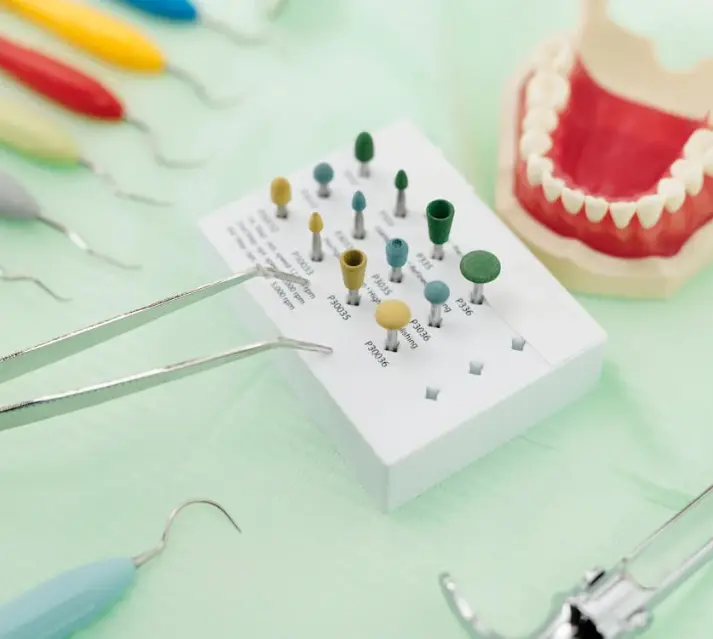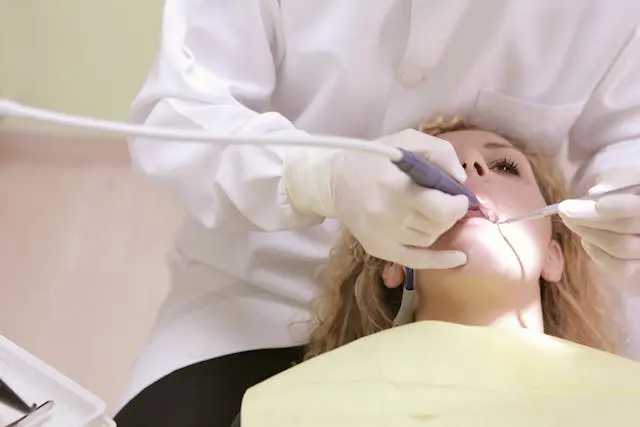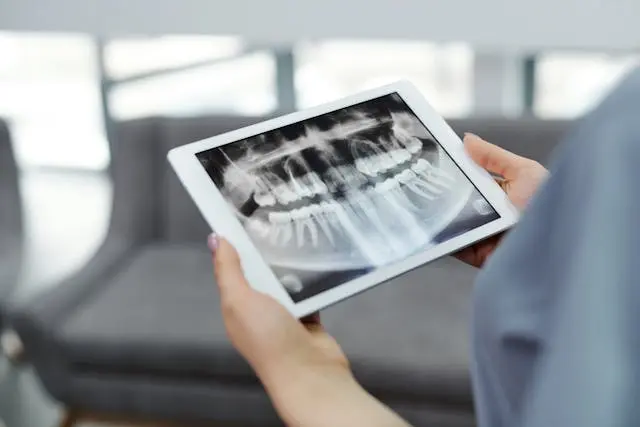Dental Reconstruction: Restoring Aesthetics and Functionality
In the world of modern dentistry, dental reconstruction procedures have become increasingly popular for their ability to restore both the aesthetics and functionality of teeth. Whether it’s due to trauma, decay, or genetic factors, dental reconstruction offers patients a way to regain their confidence and improve oral health. This comprehensive guide explores the most common dental reconstruction procedures, their benefits, and the issues they address, while also providing a comparative analysis of costs, durability, and recovery times.
What Is Dental Reconstruction?
Dental reconstruction refers to a series of procedures aimed at restoring the form and function of damaged, decayed, or missing teeth. These treatments go beyond cosmetic fixes, providing practical solutions to improve chewing ability, speech clarity, and overall dental health. Whether you’re looking to replace a single tooth or restore an entire arch, dental reconstruction is a transformative option that can enhance both the appearance and functionality of your smile.
Common Dental Reconstruction Procedures
Dental Implants
Dental implants are a state-of-the-art solution for replacing missing teeth. This procedure involves the surgical insertion of a titanium post into the jawbone, which acts as a root for the artificial tooth. Once healed, a crown is attached, mimicking the look and function of a natural tooth.- Benefits: Dental implants are known for their durability, with a success rate of over 95%. They prevent bone loss, offer a permanent solution, and provide a natural-looking result.
- Issues Addressed: Tooth loss, bone degeneration, impaired chewing.
Dental Crowns
Crowns are custom-made caps that cover damaged or weakened teeth to restore their shape, size, and strength. They are often used after root canals or to fix teeth that have cracked or decayed.- Benefits: Crowns reinforce teeth, prevent further decay, and improve appearance.
- Issues Addressed: Cracked teeth, severe decay, weakened teeth post-treatment.
Dental Bridges
A bridge consists of two or more crowns for the teeth on either side of a gap, with a false tooth in between. This is ideal for patients with one or more missing teeth.- Benefits: Bridges offer a less invasive alternative to implants, filling gaps and restoring chewing and speech functionality.
- Issues Addressed: Missing teeth, difficulty chewing, speech issues due to gaps.
Veneers
Dental veneers, especially porcelain ones, are wafer-thin custom shells bonded to the front of teeth to improve appearance. They are perfect for people looking to fix imperfections like chips, stains, or gaps.- Benefits: Veneers enhance the overall appearance of teeth and are resistant to stains, offering a natural look.
- Issues Addressed: Discolored teeth, minor misalignments, chips, and gaps.
Dentures
Dentures come in two main types: partial and full. They are removable appliances that replace missing teeth and surrounding tissues.- Benefits: Dentures restore a patient’s ability to chew and speak properly, and modern options look more natural than ever.
- Issues Addressed: Multiple tooth loss, difficulty eating and speaking.
Invisalign (Clear Aligners)
Clear aligners like Invisalign offer a discreet way to straighten teeth without the need for traditional metal braces. They are ideal for patients with mild to moderate alignment issues.- Benefits: Comfortable, removable, and nearly invisible, Invisalign has become a popular choice for adults and teens alike.
- Issues Addressed: Crooked teeth, spacing issues, mild bite misalignments.
Comparative Analysis: Procedures, Costs, Durability, and Recovery
To help you choose the most suitable treatment, here’s a comparison of various dental reconstruction procedures:
| Procedure | Cost (USD) | Durability | Recovery Time | Main Benefits |
|---|---|---|---|---|
| Dental Implants | $3,000 – $5,000 per tooth | 15-25+ years | 3-6 months (healing period) | Permanent, prevents bone loss, highly durable |
| Dental Crowns | $1,000 – $2,500 per tooth | 10-15 years | 2-3 weeks | Reinforces damaged teeth, natural look, protection from decay |
| Dental Bridges | $2,000 – $5,000 | 10-15 years | 1-2 weeks | Restores chewing and speech, less invasive than implants |
| Veneers (Porcelain) | $900 – $2,500 per tooth | 10-15 years | 1-2 weeks | Enhances aesthetics, corrects imperfections |
| Partial Dentures | $500 – $1,500 | 5-10 years | 1-2 weeks | Restores chewing, affordable option |
| Complete Dentures | $1,500 – $3,500 | 7-10 years | 1-2 weeks | Full-mouth restoration |
| Invisalign | $3,000 – $7,000 | Varies (depends on care) | 12-18 months | Corrects alignment issues, comfortable, removable, discreet |
Why Consider Dental Reconstruction?
Dental reconstruction isn’t just about aesthetics—it’s about restoring the functionality and health of your teeth. Some key advantages include:
- Improved Oral Function: Procedures like implants and crowns help restore the ability to chew and speak properly.
- Prevention of Future Problems: Addressing issues like tooth decay, misalignment, or missing teeth early can prevent further complications, such as bone loss or gum disease.
- Boost in Confidence: A healthy, attractive smile can significantly impact your self-esteem and overall mental health.
According to recent studies, 75% of patients who undergo dental reconstruction report a noticeable improvement in their confidence and social interactions.
Technological Advancements in 2024
The dental reconstruction field has seen incredible advancements, particularly in technology. In 2024, the use of digital imaging and 3D printing allows for more precise and customized dental solutions, reducing turnaround times and improving patient outcomes. AI-assisted diagnostic tools also enable dentists to detect issues earlier, improving treatment plans and reducing recovery times.
Dental reconstruction is a transformative solution that offers both aesthetic and functional benefits. Whether you need implants, crowns, veneers, or dentures, there is a tailored option for every dental issue. With the latest advancements in technology, these procedures are more effective and efficient than ever before. If you’re considering restoring your smile, now is the perfect time to explore the possibilities that dental reconstruction can offer.








